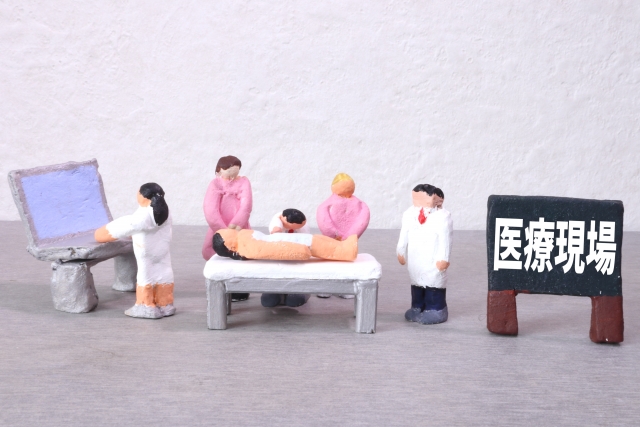Next generation medical research

Reforming the way doctors work means reducing working hours.
The work of a doctor at a university is medical treatment, education, and research.
I think it’s a trinity, but when it comes to sacrifices, I’m worried that research time will be reduced.
University hospitals are emergency hospitals and are also the front lines of medical treatment.
Saving lives is the priority.
Doctor’s education cannot be done through classroom lectures.
On-site medical treatment is essential.
What will happen to the research then?
The basis of research papers is the acquisition and analysis of large amounts of data.
This job would require a quantitative analysis expert, even if he or she is not a doctor.
Hospitals are the primary location for specimen and data collection, but elderly people are located in nursing homes rather than hospitals.
Therefore, future research on chronic diseases should be conducted in nursing homes.
At the very least, hospitals and nursing care facilities should work together to conduct research.
However, collaboration for research has not yet been established.
Many nursing home residents have high blood pressure, diabetes, and dementia.
There is no way that long-term data and treatment can be done only in short-term hospitals.
Therefore, there should be nursing care facilities that can treat illnesses.
An intermediate facility where you can use both nursing care insurance and medical insurance at the same time.
I wonder if nursing care for the elderly and special nursing care are the closest.
I think that facilities that have become a nuisance are hindering medical research.
I think it would be a good idea to have a special education program for the elderly at university as well.
If you like, Koyama G will cooperate with you.
Pulse oximeter 98/97/99
Body temperature 36.4 Blood sugar 128
Field research
CEO Yasunari Koyama
